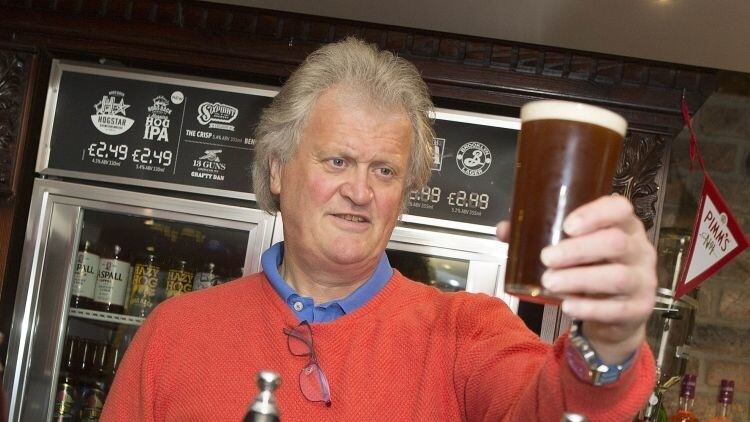Pre-tax profits fell to £50.3m, down from last year’s figure of £62m.
However, like-for-like sales increased by 6.3% with total sales rising to £889.6m.
The pubco pointed to rising costs, in particular labour, which increased by £33m. The costs of repairs, utilities and depreciation also ate into profits.
Rising costs
JD Wetherspoon chairman Tim Martin said these costs were set to rise further.
He explained: “As previously indicated, costs in the second half of the year will be higher than those of the same period last year.
“The company anticipates an unchanged trading outcome for the current financial year.”
Bar sales saw a like-for-like increase of 5.9% and food sales increased by 7.1%.
Gaming machines also experienced an income boost of 5.7%.
The chain experienced a like-for-like sales increase of 9.6% in the six weeks to 10 March 2019.
Total sales in this period increased by 10.9%, something Martin said was encouraged by “excellent weather this year and snow last year”.
Reduced portfolio
The chain opened two new pubs and closed six in the period ending 27 January 2019. It is set to put 16 pubs on the market, The Morning Advertiser reported this week.
Martin has been a strong advocate for leaving the EU without a deal and used the pubco trading update to reiterate his feelings.
He said there had been “a barrage of negative economic forecasts” from universities, politicians and the media, on what would happen if the UK left without a deal.
“The doomsters ignore the most powerful nexus in economics, between democracy and prosperity,” he said.
Martin said both leaving with Theresa May’s deal and remaining in the EU could result in “significantly adverse economic consequences, as the country turns in on itself to endure months, or years, of stifling constitutional argument”.
Prime Minister Theresa May is bidding to convince MPs to support her withdrawal agreement for a third time, following a series of symbolic votes this week.
MPs have voted to ask the EU for an extension to Article 50 that would push the UK’s leaving date beyond 29 March.




